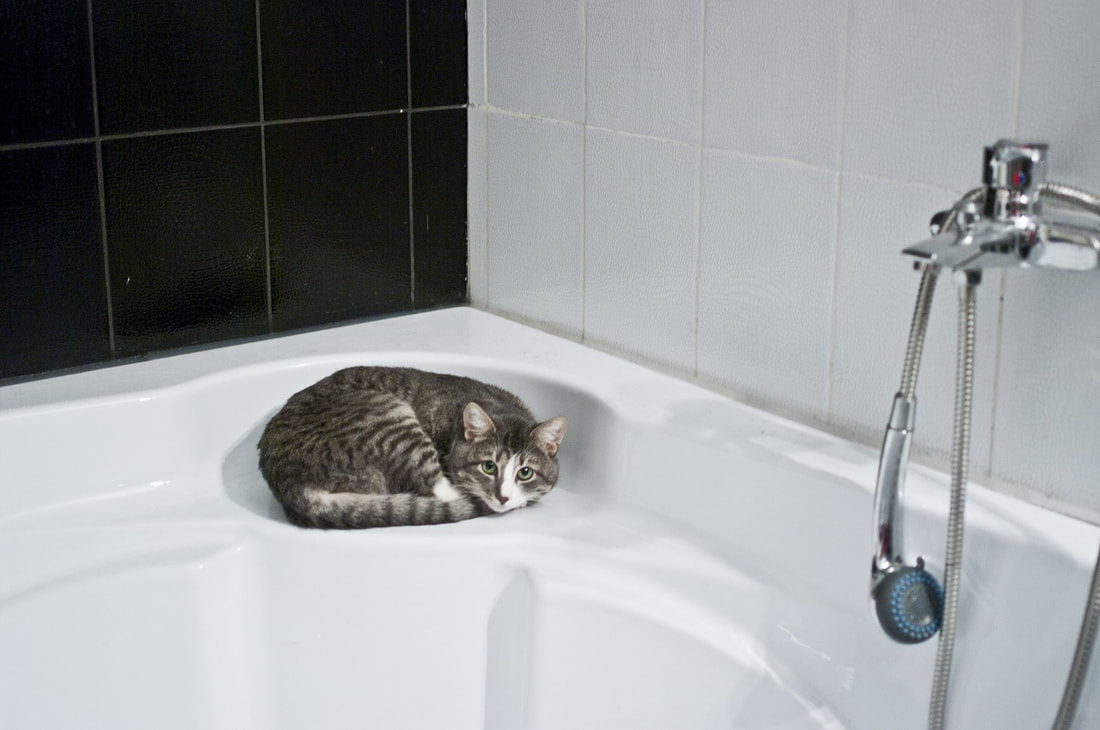Noisy Breeds of Cat
Most likely to howl is the Siamese. Subsequently, perhaps unsurprisingly, cats bred from Siamese are also known to howl more than the average cat. Excessive vocalization in these breeds is, typically, not symptomatic of any underlying health issue. However, it is advisable for owners to report any alterations in their cats' howling behavior to a vet.
Howling Can be Caused by Health Problems
In some cases, howling is your cat's way of letting you know that something is wrong. If you are a long-time cat owner, you will know that cats, by nature, are quite stoical. Therefore, it is sometimes difficult to recognize a health problem until it is in the advanced stages. Subsequently, it is advisable to seek immediate assistance from a vet if your cat suddenly starts to howl.
Often, howling can be caused by emotional problems, such as stress, boredom, grief or lack of attention. However, it is best to rule out any physical ailment before assuming that the problem is psychological. In older cats, howling can be indicative of chronic renal failure or hyperthyroidism.
Feline Cognitive Dysfunction Syndrome (CDS)
In addition, older cats may experience a form of dementia known as Cognitive Dysfunction Syndrome. Like Alzheimer's in humans, this can cause confusion, disorientation and anxiety. It also causes insomnia, which means that a cat may feel particularly anxious at night.
The Attention Seeking Howl
Some cats quickly learn that meowing gets attention, affection and/or food. Therefore, if you cat is feeling neglected, he, or she, may begin to howl to secure your attention. If this is the case with your cat, it is advisable to ignore him, or her, when noisy, because even negative attention will be deemed as a good thing by your cat.
Therefore, it is wise to use positive reinforcement to demonstrate to your pet that it is when he, or she, is quiet that you will offer attention and affection. This can be difficult, especially if your cat is disrupting the neighbors, but if trained correctly it will not take long for your cat to understand that howling does not produce the desired response.
Stress, Anxiety or Grief Howling
If there has been a sudden change, such as a move, introduction of new people or pets, or a death in the family, this may cause your cat to howl. In these instances, it is advisable to offer your cat lots of affection and reassurance.
The best way to ease your pet's anxiety is to try to maintain a strict routine, for example ensure that your cat is fed at the same time every day.
Howling When Bored or Frustrated
Boredom is very common among indoor cats. This can be eased with simple measures on an owner's part. Firstly, it is important to have your cat spayed or neutered, as this will decrease the cat's natural roaming instinct and will reduce some of the frustration it may be experiencing. Next, it is crucial that a cat owner make his, or her, home as stimulating as possible for a feline. In other words, ensure that you have lots of toys and climbing equipment for your cat to enjoy when you are not around. On the other hand, when you are at home, it is a good idea to spend some quality time with you cat. As with cats that howl for attention, it is wise to ignore your cat while it is being noisy, but shower it with attention when it is quiet.
As mentioned, there are numerous reasons for howling in cats. Owners should be aware of their animals' natural behavior and note any changes that may indicate a health issue.



 RSS Feed
RSS Feed

